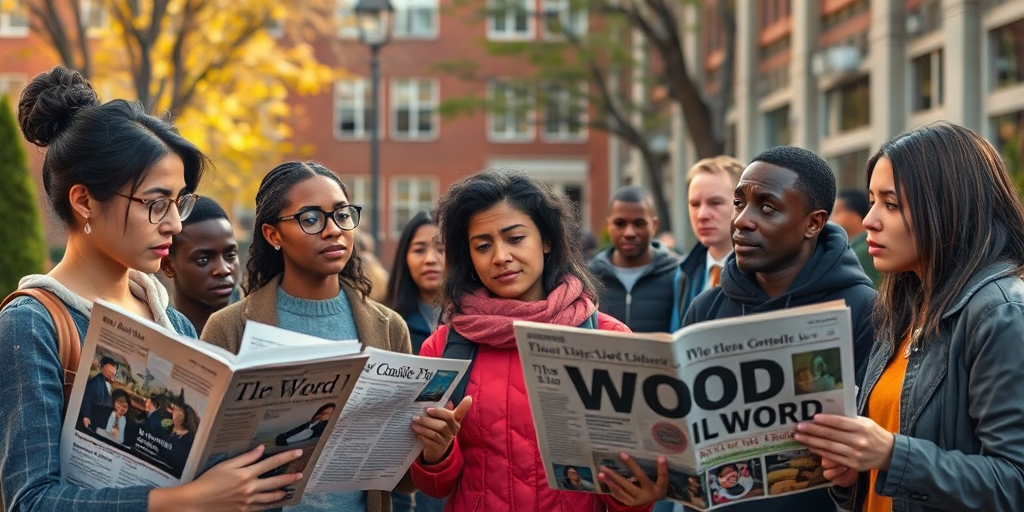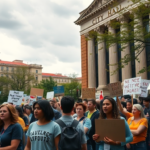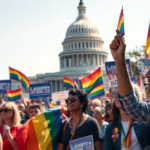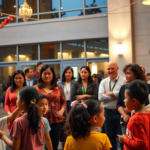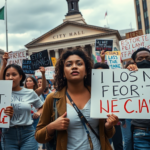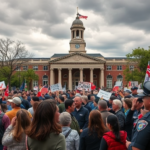Should We Cancel ‘Cancel Culture?’
Ceyonna Rybitski, the Opinion Editor at The Wood Word, ignites a heated discussion with her article that questions the validity and effects of cancel culture. The piece critiques the practice as lacking genuine activism and often devolving into online bullying. With emphasis on fostering growth, Rybitski calls for more meaningful engagement in social justice that encourages dialogue and education. As the community grapples with the ethical complexities involved, the debate on whether to cancel cancel culture remains significant for residents keen on understanding its implications.
Understanding Cancel Culture: Origins and Evolutions
Cancel culture initially emerged as a means of holding public figures accountable for their actions, leveraging the power of social media to amplify voices and demand justice. This practice, which gained momentum in the late 2010s, aimed to dethrone individuals or brands abusing their influence. However, as Rybitski points out in her article, this trend has drifted toward performative activism, overshadowing the genuine intent of fostering accountability and change.
According to Rybitski, cancel culture now often serves as a stage for individuals to gain temporary recognition rather than creating long-term societal change. “When we move into performativeness, we lose credibility and fail to create change,” she writes. This perspective resonates with many who have observed the volatile nature of social media trials leading to emotionally charged condemnation.
The Local Impact: Community Reflections
In communities across the United States, including the diverse sectors of the Rio Grande Valley, the repercussions of cancel culture echo the most during public controversies tied to local personalities or incidents. The ramifications are often felt in community ties and the mental health of residents who engage in these online discourses.
Dr. Emily Navarro, a local psychologist, highlights the emotional toll such online mobbing can take on both the person canceled and participants involved. “The backlash can lead to significant stress and burnout. Many people participating in it experience emotional exhaustion,” she says, underscoring the need to approach accountability with empathy and understanding to help maintain mental well-being.
Jessica Carson, a community activist, notes that while holding power to account matters deeply, methods for doing so must avoid devolving into public spats that do more harm than good. “This space should be about nurturing better behavior and societal learning. Otherwise, we risk turning cancel culture into a tool of division,” Carson emphasizes.
A Call for Alternative Approaches
Rybitski suggests that the practice of cancel culture needs an overhaul, where respectful dialogue and factual information replace aggressive online condemnation. Encouraging self-reflection, learning, and growth should remain central. Education tied to accountability can promote genuine change rather than fear or ostracization.
Andre Dominguez, a communication expert from the University of Texas Rio Grande Valley, observes the potential benefits of steering discussions toward constructive outcomes. “By focusing on open dialogue, communities open doors to understanding co-existence with diverse views, ultimately reinforcing social cohesion,” he explains.
Moreover, the reflections within the Rio Grande Valley amplify the broader concerns shared nationwide, suggesting a collective need for refined methods of justice that strike a balance between criticism and constructive development.
Future Implications and Moving Forward
Advocating for a reset in the mechanisms of social justice, Rybitski and like-minded individuals envision an environment where discussion fosters progress and enlightenment. However, navigating these waters demands compromise and innovation within community practices.
Participating in or witnessing unjust targeting also highlights the shared responsibility of navigating cancel culture’s terrain wisely. This moment serves as a cultural turning point, prompting stakeholders to reflect on moral values alongside collective growth strategies.
For Marywood University, home to The Wood Word’s platform, and educational institutions nationwide, embracing these considerations fosters campuses where every voice contributes to continuous learning, reshaping social justice frameworks beneficially.
Resources and Community Engagement
As choices on engagement evolve locally, resources abound for residents seeking guidance on handling such dilemmas. Community centers will host discussions soon, focusing on ethics within online interactions. Sessions aim for constructive dialogue, inviting feedback and input county-wide.
Partnered with mental health services, the sessions provide avenues for those emotionally affected by this cultural paradigm. Such proactive plays by local authorities, educational institutions, and mental health providers underscore their dedication towards fostering healthy community discourse.
As cancel culture undergoes scrutiny, its ultimate fate lies with residents and communities determining its role in shaping tomorrow’s ethical landscape. With active efforts toward comprehension and reformation surfacing, the community remains integral to this evolving narrative—one firmly rooted at the heart of proactive social engagement.

